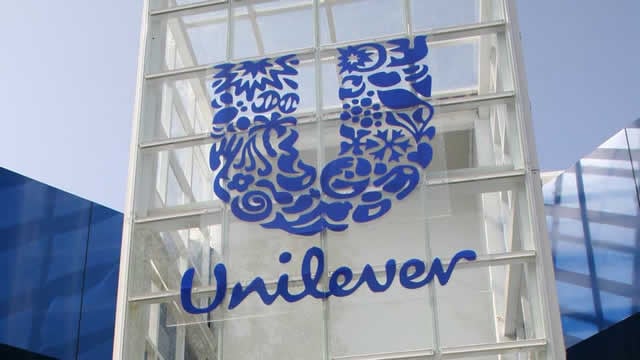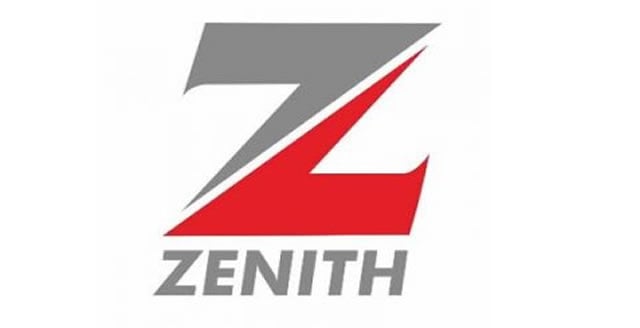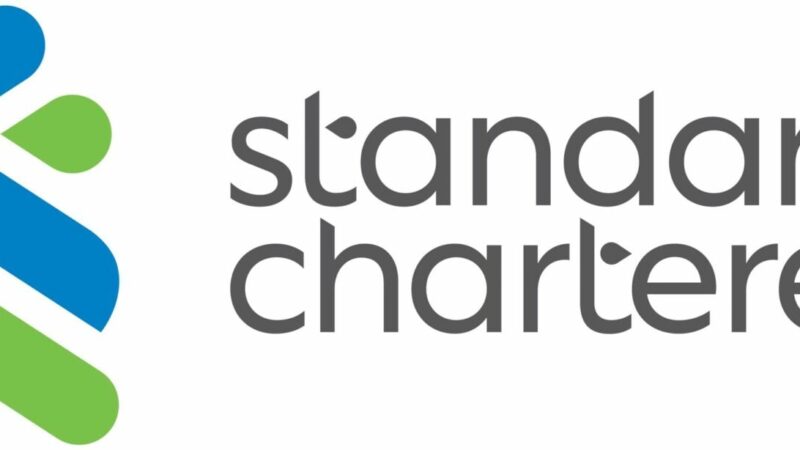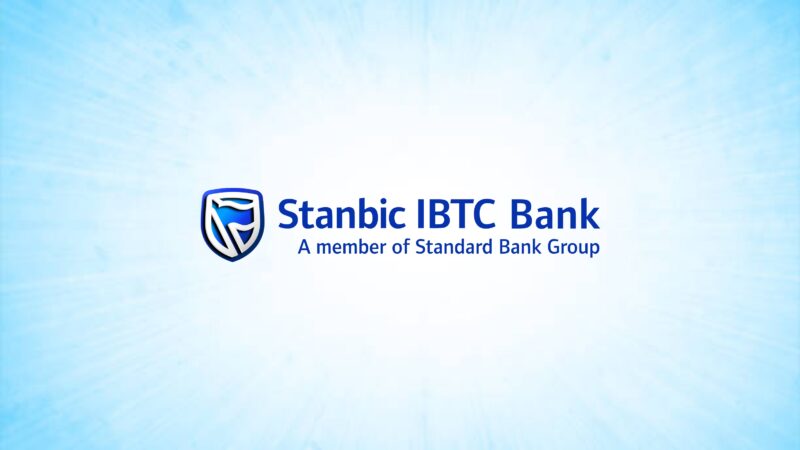Ogun’s waste scheme better than Lagos plastic ban – MAN
 The Manufacturers Association of Nigeria has declared the Ogun State Government’s ‘Blue Box’ and ‘Plastics for Cash’ initiatives as progressive models for managing plastic waste, describing them as superior to Lagos State’s recent ban on single-use plastics.
The Manufacturers Association of Nigeria has declared the Ogun State Government’s ‘Blue Box’ and ‘Plastics for Cash’ initiatives as progressive models for managing plastic waste, describing them as superior to Lagos State’s recent ban on single-use plastics.
In a statement on Sunday, Director-General of MAN, Segun Ajayi-Kadir, hailed Ogun’s approach to waste management as sustainable, calling it a model worth replicating across the country.
Ajayi-Kadir said, “The Ogun State Government’s initiatives are commendable for promoting recycling, reducing plastic waste, and creating income-generating opportunities through the plastics-to-wealth scheme.”
He emphasised that the initiatives align with MAN’s commitment to environmental sustainability and responsible production.
The Ogun State Commissioner for Environment, Ola Oresanya, had earlier showcased the initiatives during the 2025 World Environment Day celebration in Abeokuta. The ‘Plastics for Cash’ programme allows residents to trade sorted plastic waste for cash or goods, creating income opportunities for women, youth, and informal waste collectors.
Meanwhile, the ‘Blue Box’ scheme ensures structured household waste separation and collection through the Ogun State Waste Management Authority.
Ogun State also unveiled a Plastic Management Committee that includes manufacturers, regulatory agencies, and academic institutions. The committee’s role is to advance the implementation of Extended Producer Responsibility guidelines and facilitate plastic buy-back schemes.
MAN contrasted this inclusive and economically viable approach with the outright ban on single-use plastics recently announced by Lagos State, warning that such prohibitions could hurt businesses and informal workers.
Ajayi-Kadir said, “Rather than a sudden and outright ban, progressive strategies that balance environmental sustainability with economic stability should be adopted.”
He cited global best practices in countries such as Egypt, Ghana, and the United States, where governments focus on circular solutions, innovation, and education to tackle plastic waste without banning the material outright.
Ajayi-Kadir urged Lagos State to revive and fully implement its pilot programmes, such as the Smart Bins and Blue Box schemes, instead of pursuing “blanket bans” that could cause job losses and disrupt the activities of SMEs and informal sector workers.
He added, “Sustainable solutions must be rooted in stakeholder engagement, scalable alternatives, and enabling infrastructure. The approach should not punish productivity but guide it towards circularity.”
He said MAN remains committed to working with all stakeholders to develop policies that protect both the environment and livelihoods.
According to him, the plastic pollution crisis stems from poor waste infrastructure and enforcement, not the material itself. “We should aspire to progressive waste management that leads to wealth and job creation, not simplistic measures that stifle industrialisation and impoverish citizens,” he said.
MAN has remained critical of the Lagos State SUP ban, which it has warned can displace up to 89 per cent of operators in the plastic value chain. MAN revealed that its survey showed most operators had no alternative source of livelihood. Lagos’ plastic ban on select SUPs went into effect on July 1.
MAN criticised the Lagos State Government for floating a policy that it described as lacking credible data and broad stakeholder consultation. The group maintained that plastic itself is not the problem, but rather the mismanagement of plastic waste.
Ajayi-Kadir argued, “It is the failure of management of plastic waste that may result in adverse environmental and social impacts.”
Lagos State has responded to MAN’s criticism, dismissing its warning of job losses as “unfounded and a cheap blackmail.” In a recent statement, Permanent Secretary, Office of Environmental Services, Lagos State Ministry of the Environment and Water Resources, Gaji Tajudeen, insisted that the state government had notified stakeholders to brace for the impending ban for the last 18 months.
Tajudeen said, “We have not stopped those bent on producing or distributing the listed items. You can sell elsewhere, but not in Lagos State. We will not allow it.” The state government added that its decision to implement the ban has the potential to create new job opportunities in an eco-friendly manner that will encourage sustainable practices and innovation in the industry.







